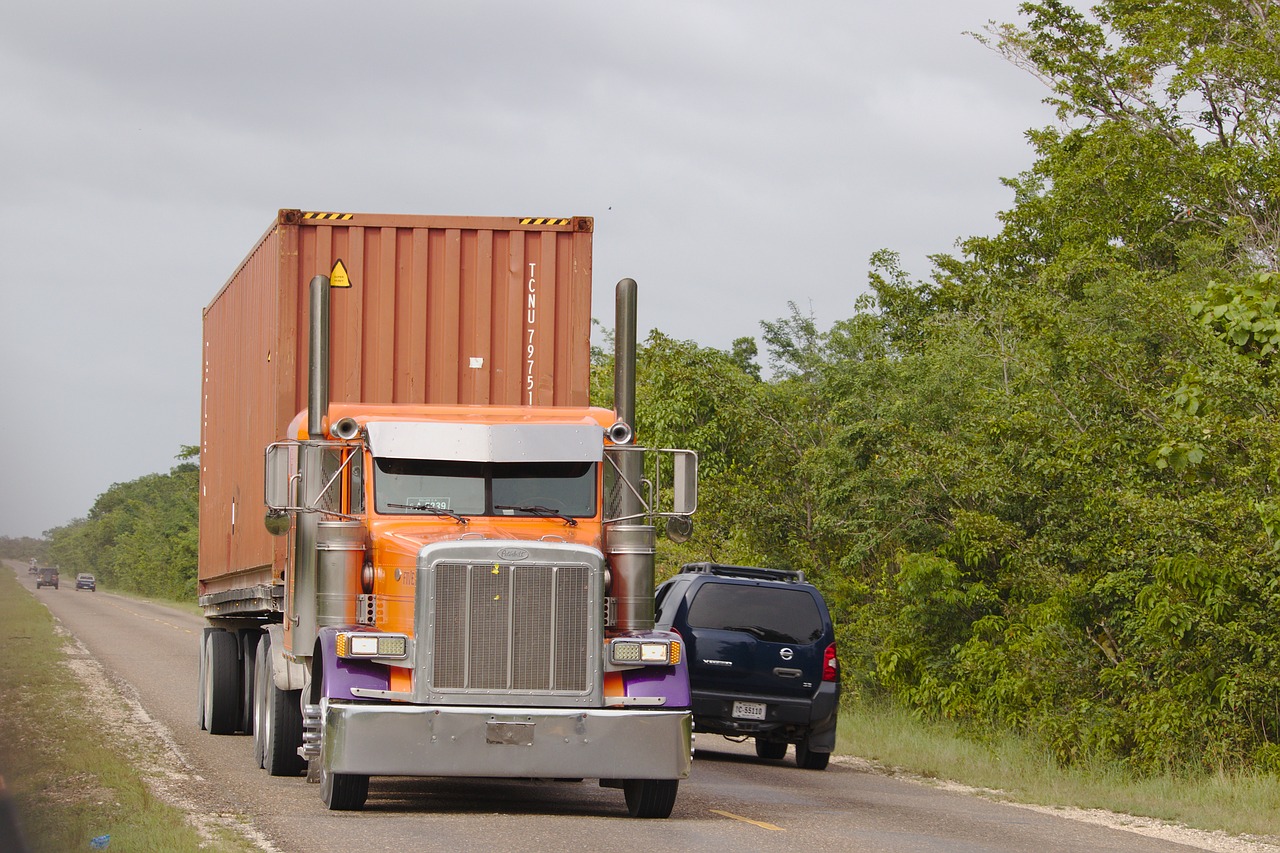
Freight charges can get a little complicated if you aren’t familiar with what they all mean. What’s the difference between a prepaid and collect freight charge for instance? And what is a send freight bill when it’s at home?
Let’s take some time to unravel the jargon, so you can figure out precisely what you need to pay and be done with it.
What’s the Difference between Collect, Prepaid, & 3rd Party Freight Charges?
Prepaid
Freight charges that are prepaid will be paid by the shipper. If you’ve received a parcel and it is prepaid therefore, there is nothing for you to pay. If freight prepaid is specified, it means that the shipper or the consignor is responsible for the freight. This is abbreviated to PPD.
Collect
Freight charges that are ‘collect’ are paid by the consignee This is abbreviated to ‘col’. Just make sure that the recipient knows they are expected to pay the amount before you send the delivery, or you can end up with an unhappy customer! In some cases, this type of freight charge is called “collect upon arrival” as it is handled at the time of shipment arrival.
Third-Party – 3PL
Third-party freight charges are those paid by… well, a third party. That means someone other than the sender or the consignee. That could mean for instance that a company pays for something to be delivered from a supplier direct to the customer. This is written as TPB – Third-Party Bill. In this case, the logistics company is responsible for all LTL and additional charges.
COD
COD stands for Cash (or Check) on Delivery. This means that the carrier will ask for payment from the recipient and return those to the shipper. This is separate from the freight charges, meaning that the consignee may be required to pay twice. This method works great when the buyer wants to pay on delivery, and the shipper prefers to deliver the goods after they have been paid for in full.
Send Freight Bill or Bills of Lading
Finally, these are charges that are paid by a party that relates to the shipper or the consignee on their behalf. This is often abbreviated to SFB. Bills of lading are official documents highlighting the type of item and the number of items being transported.
So, there you have it! Now you know what to say when asked if you want to send something prepaid, and you know what to expect if you order something that is ‘collect’.
Additional Reading: Understanding the Different Freight Charges
Nebraska Warehouse One-Stop Shop
Nebraska Warehouse doesn’t just help to facilitate your shipments, we are truly a one-stop shop solutions provider. Our services include:
- Professional Storage Development and Management
- Quality controlled Environment
- Responsive, Personal Customer Service
- Reasonable Price
- Real Estate Development and Management
- LTL & FTL Shipping
- Refrigerated Trucking & Storage
- E-Technology Software
- Transportation Freight
- Dedicated Contract Warehousing
- 3PL Public Warehousing
- 3PL Specifications
